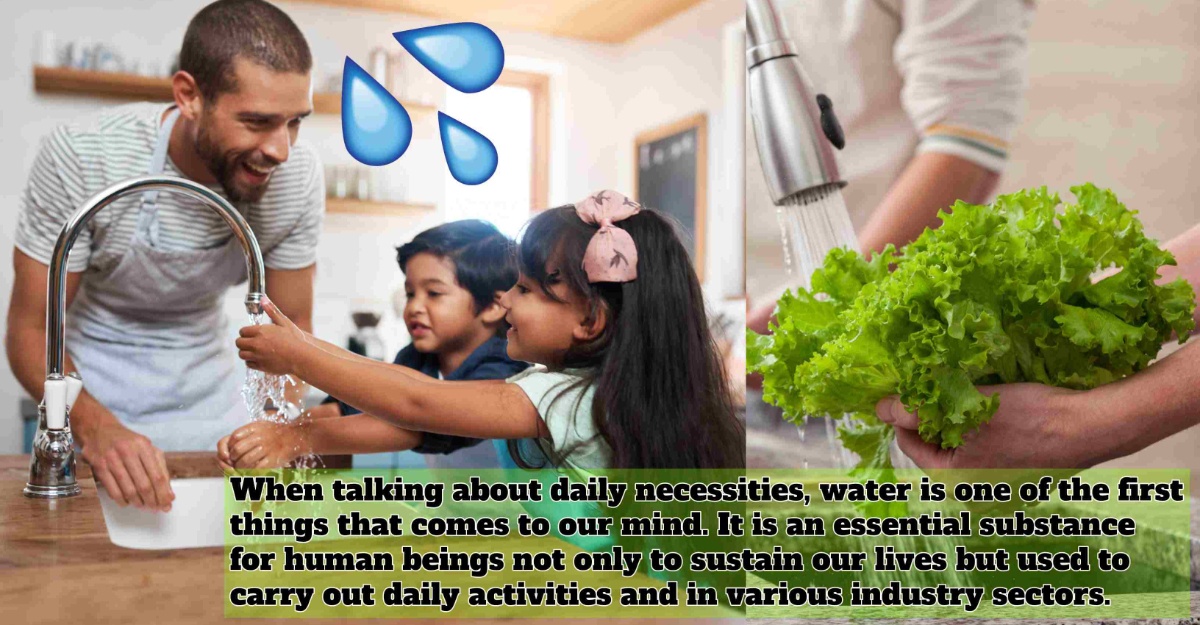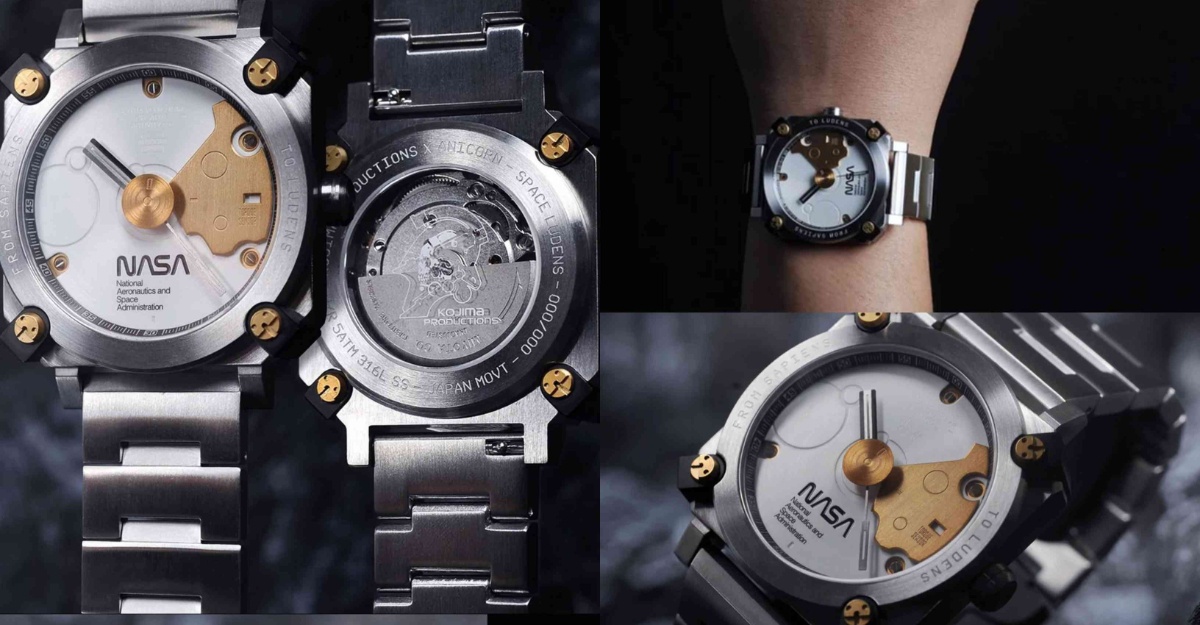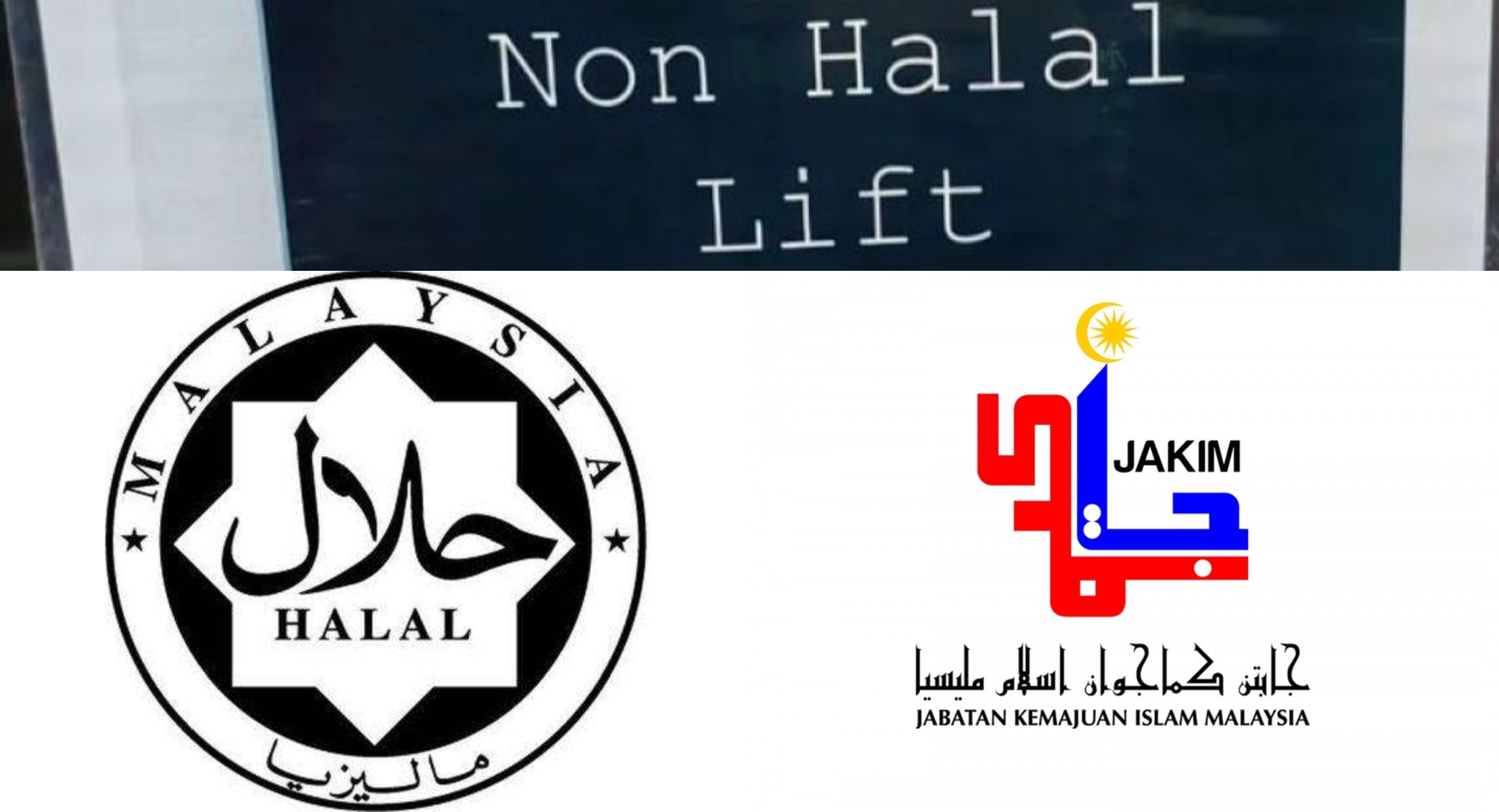Halal certification is a must when it comes to the consumption of food and beverage for the Muslim community in countries such as Malaysia. In fact, what people are generally unaware of is that Halal certification goes beyond the absence of alcohol and pork in daily consumption, but covers other aspects that adhere to Islamic law such as cleanliness and safety. These requirements apply to non-consumable goods and sectors including cosmetics, logistics, and even tourism.
When talking about daily necessities, water is one of the first things that comes to our mind. It is an essential substance for human beings not only to sustain our lives but used to carry out daily activities and in various industry sectors. From the Islamic perspective, clean water is an important element in the purification of the human body. At this point, consuming and using the deemed lawfully water is a crucial aspect for Muslims in daily life or for ablution purposes.
Water in its raw form is considered Halal. However, throughout the production of drinking water and water treatment process for other commercialized usages, the nature of water may change due to contact with foreign materials. This raises questions among the Muslim community about the status of water they use and, additionally, goods and public facilities that use water to manufacture and function.
According to Mr. Koo Zao Cheong, Regional Business Development Manager of Waterco Malaysia (a leading one-stop solutions provider for a safe and healthy water environment company), Halal-compliant water usage is gaining attention as it does not only benefit the Muslim community but the people who value quality water usage as well.
“It goes without saying that humans need hygienic and safe water regardless of religion. Its importance is significant in daily lives and industrial usage for without clean water, goods production, cleaning, and related services will be deeply affected. Halal-compliant water usage does not only apply to the Muslim community, but it is a standard that will meet the changing demands of various consumers,” said Mr. Koo.
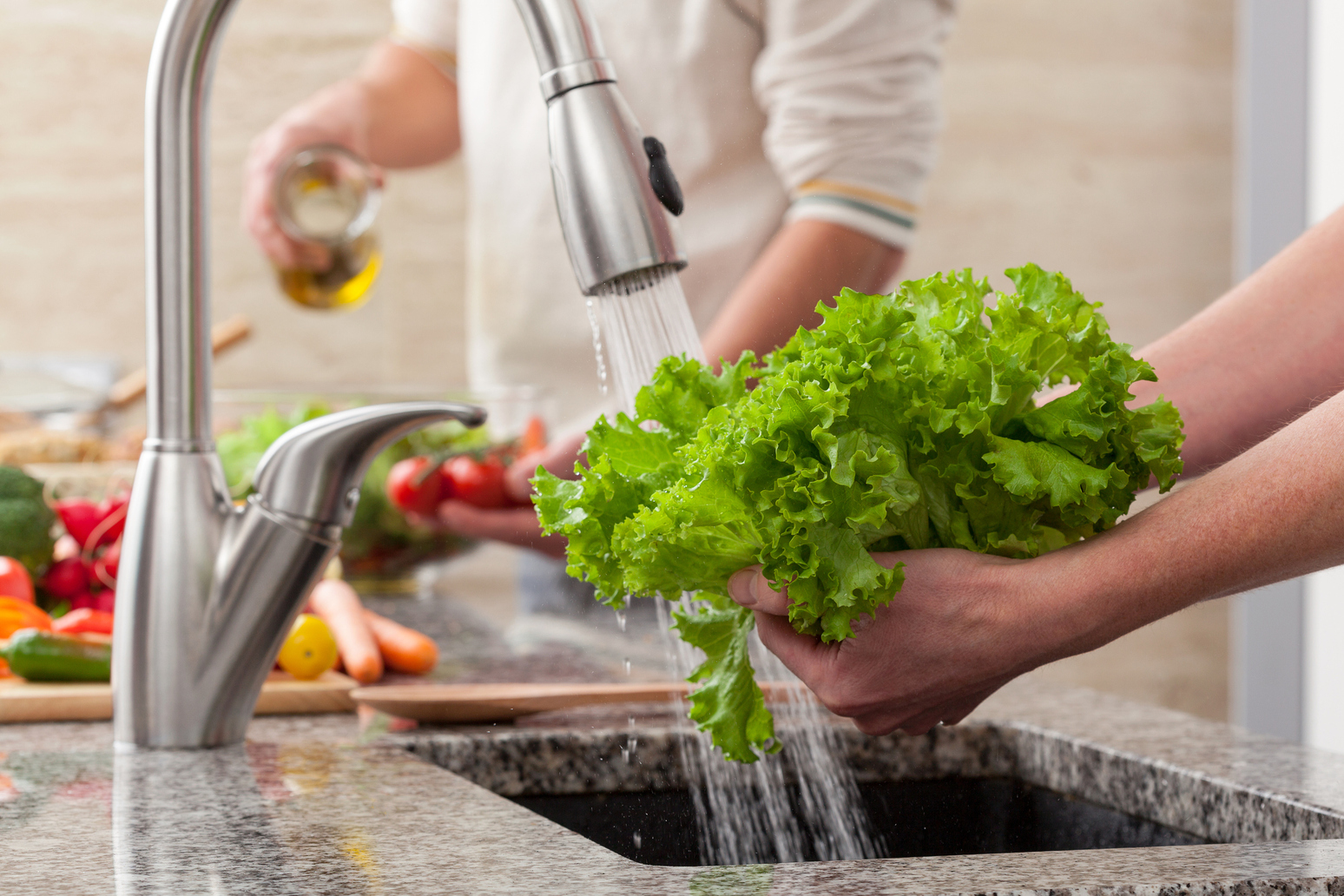
Halal certification in industrial water usage and processes
Water use is a fundamental commodity for nearly every step of the manufacturing and production processes including cooling, storing, and cleaning. For Halal-compliant manufacturing sites and processes, water plays a significant role for end consumers to enjoy products that follow strict Halal regulations. In addition to manufacturing, elements throughout the process of disposal and reuse of water including filters, materials, and ingredients are of concern to ensure the status of water is Halal-compliant for safe usage in the future.

Halal water usage in public facilities
Have you ever thought about Halal water usage in public facilities such as swimming pools? In Malaysia where we enjoy diverse and beautiful cultures, we share our public facilities with everyone from different backgrounds. It is thoughtful to cater to the needs of different communities while also benefiting all of us at the same time.
Halal water filtration systems are not only applicable to the ablution pools and other facilities at holy places of the Muslim community such as mosques; Halal-compliant water usage at public facilities can assure the status of water follows the safety and cleanliness guidelines which not only matter to the Muslim community but all users as well.
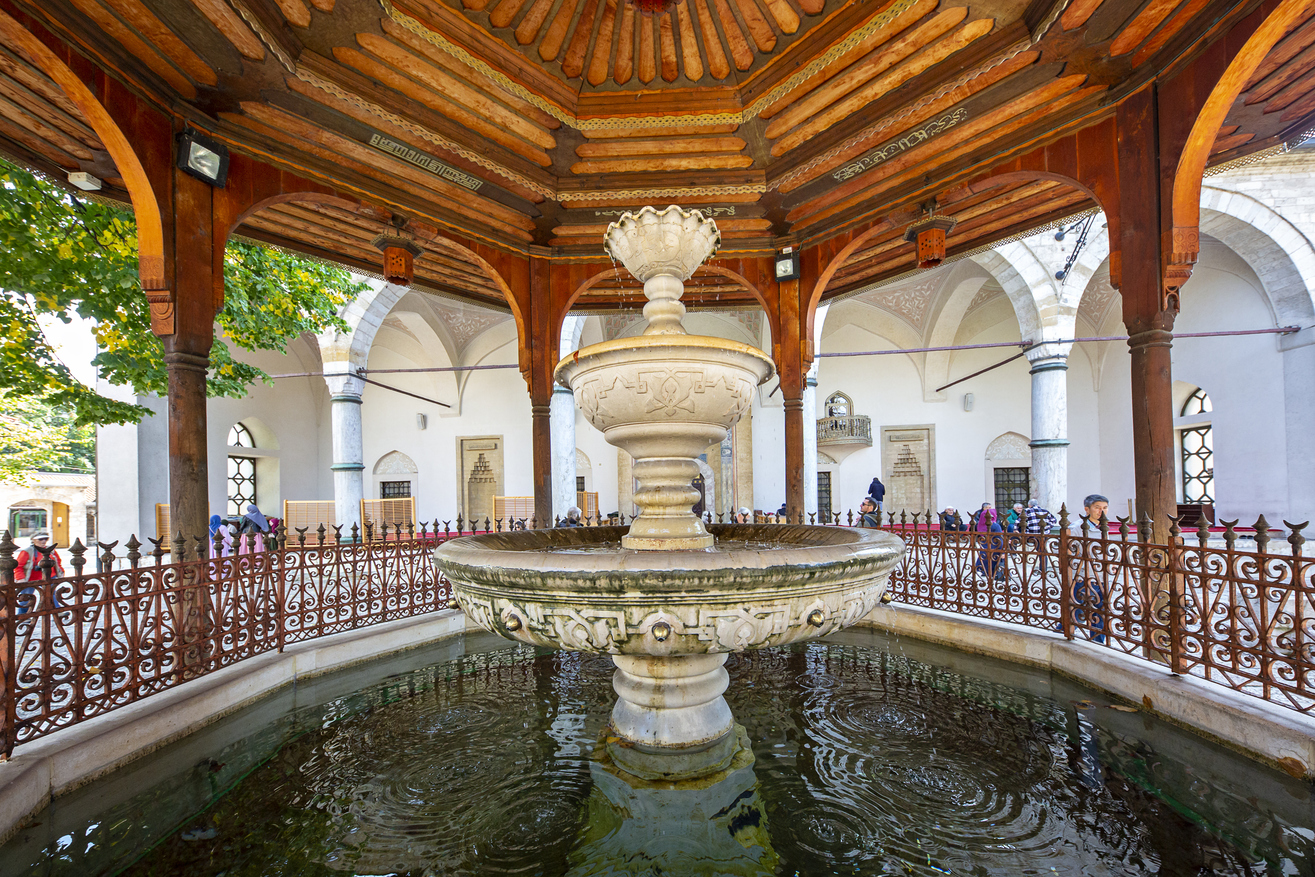
Halal certification beyond religious obligation
Halal recognition is not just about a religious concept nowadays, but it has attracted non-Muslims to consider Halal brands and products as it has become a guideline for high-quality, safe, and healthy options. The same concept applies to the water manufacturing and purification industry in which the manufacturing and processes of the products need to be certified by respective institutions and follow strict guidelines in order to be recognized as Halal. By obtaining this recognition, it is making sure that the product and service are of good quality and free from any doubtful sources, increasing the confidence level of consumers even among non-Muslims.

Ensuring that we are consuming and using safe and hygienic water is important no matter if it is for religious purposes or for our health and well-being. Regardless of religious background, Halal-compliance water manufacturing and filtration systems work as a standard for our water usage, so why not start paying attention to its benefit and applying it in our daily activities?

